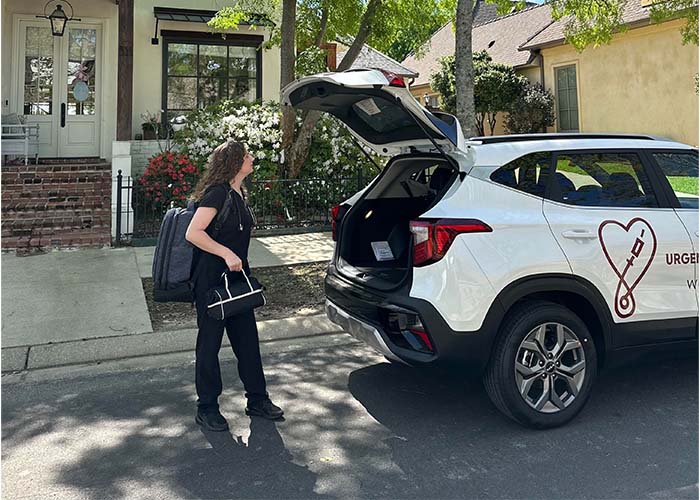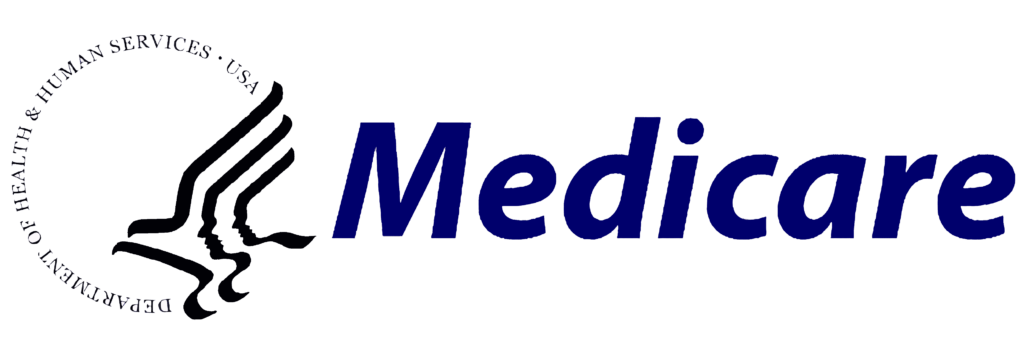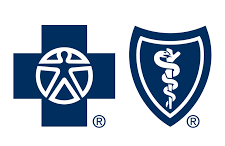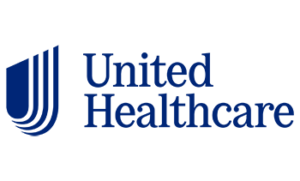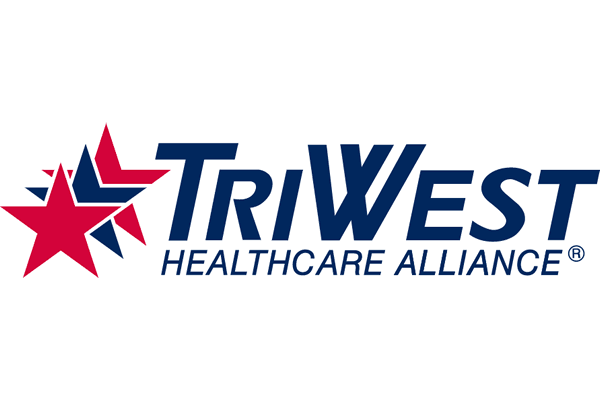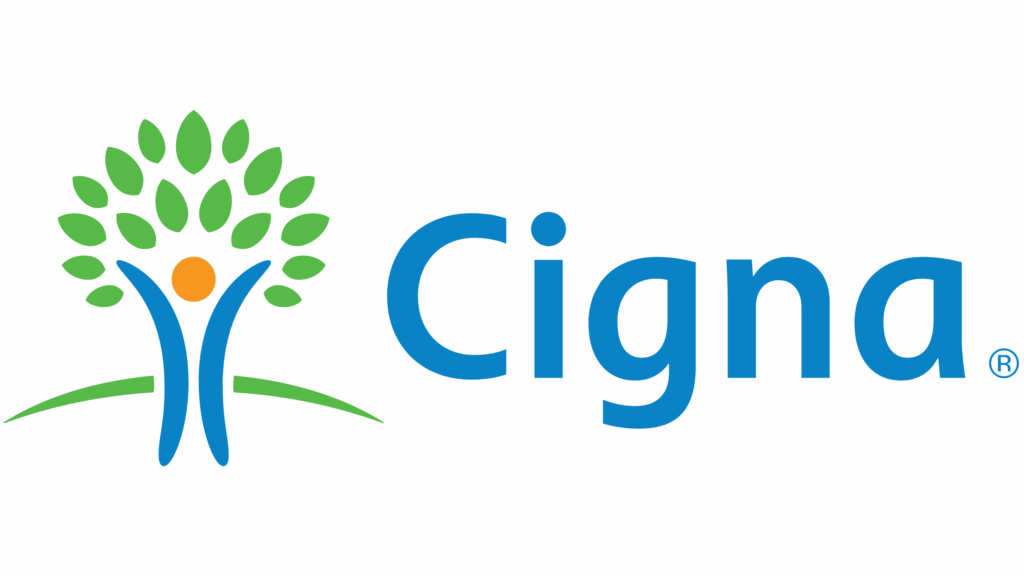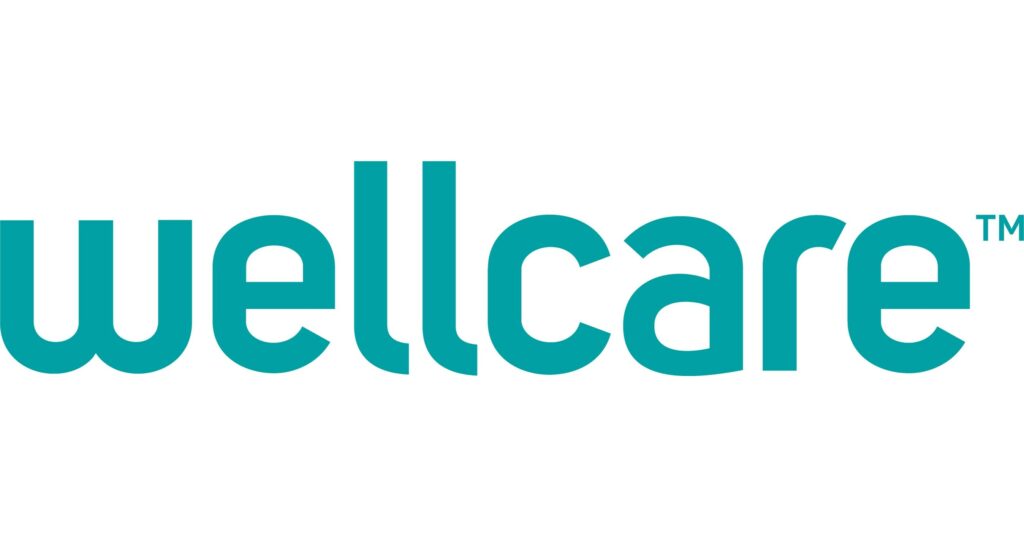Colds and Respiratory Tract Infections
- Skip The Waiting Room
- No Exposure To Other Sick Patients
- No Patient Travel Is Required
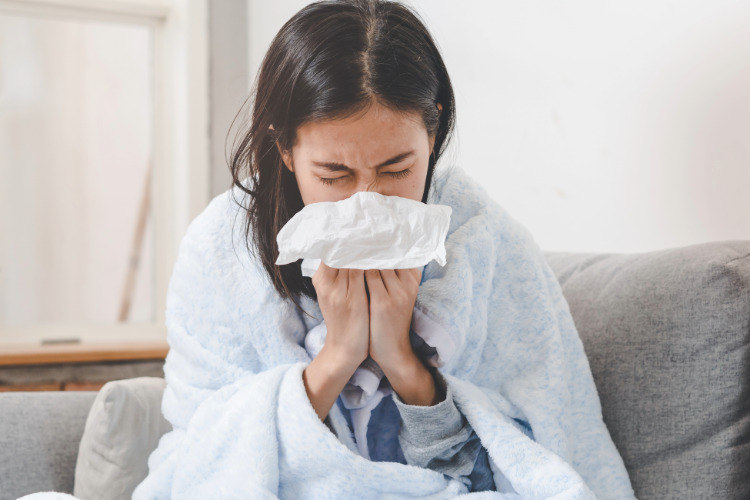
Colds and Respiratory Tract Infections: Care, Treatment, and Prevention
Colds and respiratory tract infections (RTIs) are common illnesses that affect millions of people each year. While usually mild, they can be uncomfortable and disruptive. This article will cover the basics of cold and RTI care, including treatment options, prevention strategies, and when to seek medical attention.
What are Colds and RTIs?
The common cold is a viral infection of the upper respiratory tract, which includes the nose, throat, and sinuses. RTIs can be caused by a variety of viruses, most commonly rhinoviruses. These infections are often accompanied by symptoms such as runny nose, congestion, sore throat, cough, sneezing, and mild body aches.
Treatment Options
Most colds and RTIs resolve on their own within 7-10 days. Treatment focuses on relieving symptoms and supporting the body’s natural healing process.
- Rest: Getting adequate rest is essential for recovery. Rest allows the body to direct its energy towards fighting the infection.
- Hydration: Staying hydrated by drinking plenty of fluids, such as water, clear broth, or herbal teas, helps thin mucus and soothe a sore throat.
- Over-the-counter medications: Over-the-counter (OTC) medications can help manage specific symptoms. Pain relievers like acetaminophen or ibuprofen can reduce fever and aches. Decongestants can help clear nasal passages, and cough suppressants can alleviate coughing.
- Humidifier: Using a humidifier adds moisture to the air, which can help loosen congestion and relieve a dry throat.
- Saline nasal spray or rinse: Saline solutions can help clear nasal passages and reduce congestion.
- Gargling with warm salt water: Gargling with warm salt water can soothe a sore throat and reduce inflammation.
Preventing the Spread of Colds and RTIs
Colds and RTIs are contagious and can spread easily through respiratory droplets released when an infected person coughs or sneezes. To prevent the spread of these illnesses:
- Wash your hands frequently: Wash your hands thoroughly with soap and water for at least 20 seconds, especially after blowing your nose, coughing, or sneezing.
- Cover your mouth and nose: Cover your mouth and nose with a tissue when coughing or sneezing, and then dispose of the tissue. If you don’t have a tissue, cough or sneeze into your elbow rather than your hands.
- Avoid close contact with sick people: If possible, avoid close contact with people who are sick.
- Disinfect surfaces: Regularly disinfect frequently touched surfaces, such as doorknobs, light switches, and phones.
- Stay home if you’re sick: If you have a cold or RTI, stay home from work or school to avoid infecting others.
When to Seek Medical Attention
Most colds and RTIs resolve on their own without medical intervention. However, it is essential to seek medical attention if:
- Your symptoms are severe or worsening: If your symptoms are severe or not improving after 10 days, consult your doctor.
- You have a high fever: A high fever (over 101.3°F or 38.5°C) may indicate a more serious infection.
- You have difficulty breathing: Shortness of breath or difficulty breathing can be a sign of a more serious respiratory problem.
- You have underlying health conditions: If you have underlying health conditions such as asthma, heart disease, or diabetes, it is important to consult your doctor if you develop a cold or RTI.
Remember, this article is intended for informational purposes only and should not be taken as medical advice. Always consult with your healthcare provider for any health concerns.

